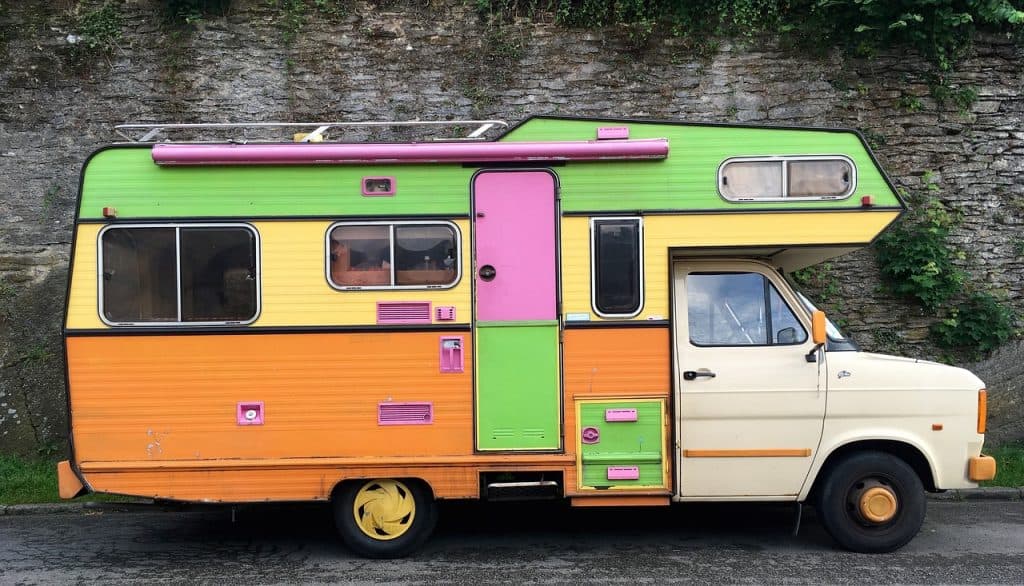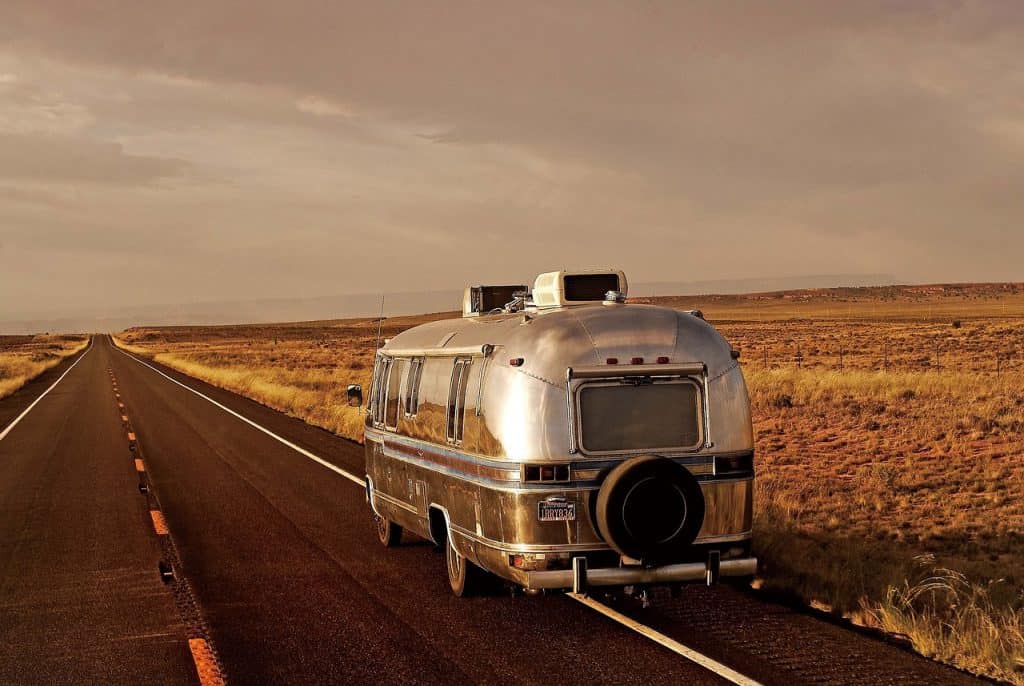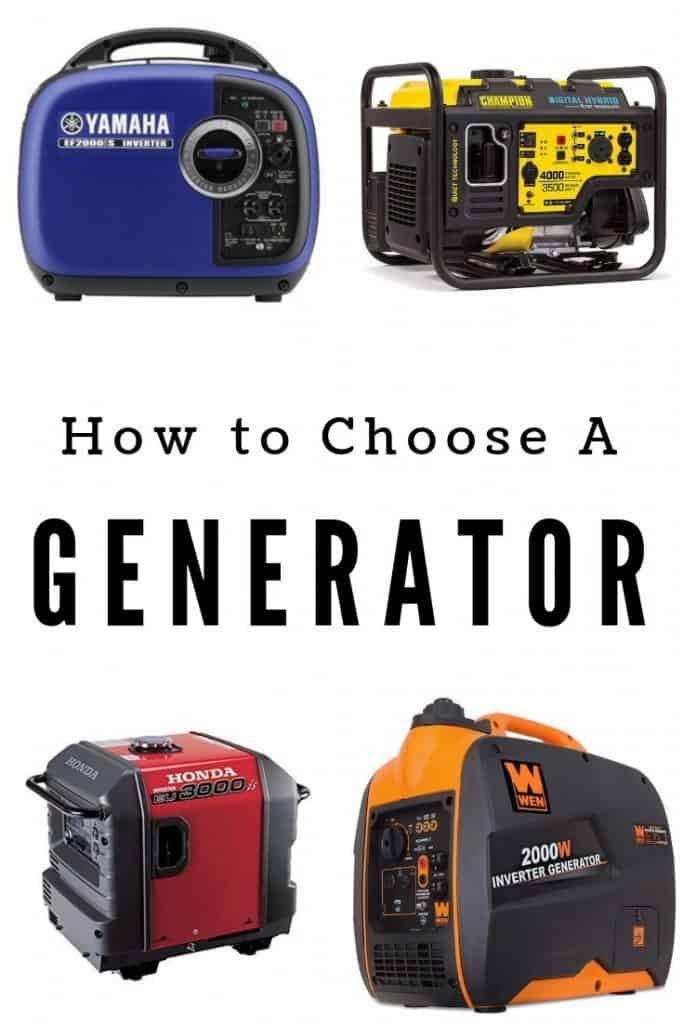The best purchase we made while living in our RV, and possibly ever, was a portable generator. We continue to use it on a regular basis now that we are in a house too. It was a daunting decision at the time, but I would spend that money all over again in a heartbeat. Here are some of our tried and true tips for how to choose a generator.
Back in the RV, we used the generator to boondock (park off grid). Now that we are in a house, it starts our van when the battery dies, and powers a fan while we sell chickens at the flea market. We live in the Appalachia Mountains where a storm is almost guaranteed to knock down trees and our power along with it. The generator gives us peace of mind that we can sustain ourselves when modern conveniences are unavailable.
Shopping for a generator can be intimidating. You will be bombarded with technical information and multiple brands to choose from. My goal with this post is to simplify the process so that you can be confident in your purchase.
What exactly is a generator anyway? A generator is a mechanical device that operates off of petroleum, diesel, or kerosene that generates alternate current (AC) electricity. 
Some generators come with a built-in inverter. An inverter converts AC to direct current (DC), and stores it in an internal battery. With a DC electric supply, you can run delicate electronics and household appliances because the current is more stable. Inverter generators are more quiet than traditional generators because they throttle up or down as more or less power is needed.
How to Choose a Generator
When choosing a generator, the first thing you want to do is determine how much power (watts) you will need. Make a list of the appliances you will likely run with the generator. Then read their labels, or search the internet, to determine how many watts they require.
For example, a laptop typically uses 250 watts. A microwave will use many more, usually 600-1200 watts. How many appliances on the list will you use at the same time? Add up the watts, and that is the minimum you need the generator to generate.
Now consider where you will be using the generator. Will it be used at campgrounds? In the Walmart parking lot? At your private residence? Or in the middle of nowhere? This is important because the noise level of generators can vary a lot. Some are so quiet you will forget they are there. Others will turn neighbors into enemies real quick.
Check the decibel level of any generator you are considering to make sure it meets your needs. It is often listed as Operating Noise or db.
How long will you need the generator to run? If you are looking for a long-term solution for camping or boondocking, look for an extended Run Time.
Take a look at the outlets offered on the generator too. Will you need a 3-prong outlet? If you are hooking into a RV, you probably do. Some have USB outlets. Is that important for your needs to charge a phone or camera?
Finally, what kind of fuel do you prefer? Most generators use gas or propane. However, you can purchase a kit to convert your generator to another fuel source, such as natural gas.
Now that you have an idea of what you need in a generator. Let’s look at some popular brands and what they have to offer.
How to Choose a Generator
How to choose the best generator for you, whether it be for camping with your RV or as a safeguard for a power outage.
Yamaha EF2000iSv2, 1600 Running Watts/2000 Starting Watts, Gas Powered Portable Inverter
This is the generator we own and Amazon's Choice. It is rated for a maximum of 2000 watts and is crazy quiet. It has an invertor built in with smart throttle. This generator is compact in size, and I feel comfortable carrying it on my own where it is needed. If you need more than 2000 watts, you can purcahse a kit to tether two of these generators together. Yamaha also offers a long list of accessories for this model, like the jumper cables I have gotten to know very well.
Honda Super Quiet Gasoline Portable Generator with Inverter (EU3000IS1A 3000Watt Electric Start Inverter)
If you need a little more oomph, this Honda offers 3,000 watts. It has an electric start (vs pull start) and is quiet enough to run in a neighborhood. The Honda generator boasts fuel efficiency at 3.4 gallons of gas for up to 20 hours.
Champion 4000-Watt RV Ready DH Series Open Frame Inverter with Quiet Technology
Champion brand generators tend to be on the more affordable side. Their Digital Hybrid model includes an inverter with quiet technology. With outlets for RV, household appliances, and a dual USB adaptor, it's ready for anything!
Briggs & Stratton 30676, 3500 Running Watts/4375 Starting Watts Gas Powered Portable Generator with RV Outlet
This generator is mounted on wheels that never go flat. That's a nice back saving feature! It can run for up to 14 hours at 50% load. Its maximum is 3500 watts.
WEN 56200i Super Quiet 2000-Watt Portable Inverter Generator, CARB Compliant
The portable WEN generator is as quiet as the sound of normal conversation. It is EPA and CARB compliant an produces up to 2000 watts. This model is a great choice for taigating, camping, and contruction sites.





